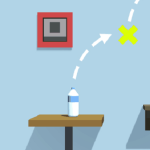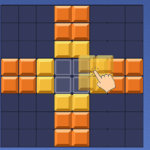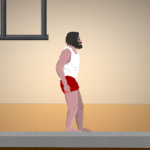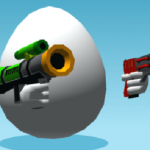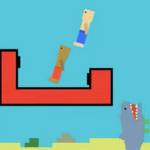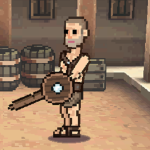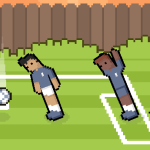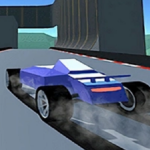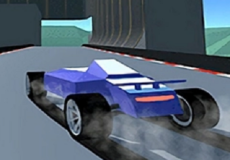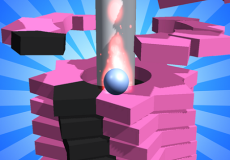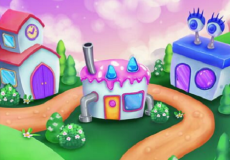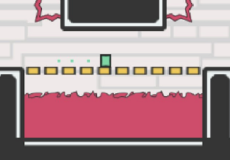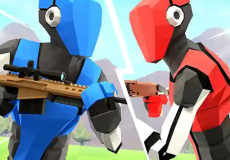

Pizza Tower
Pizza Tower is a 2D platform game focused on fast movement, exploration, and score-based progression. The player controls Peppino, a chef who must climb a tower filled with enemies and obstacles. The goal is to reach the end of each level while collecting items and keeping the pace high. The game draws attention to momentum and player control, rewarding precise timing and efficient navigation. Its levels are compact but layered, encouraging replay for better ranks.
Similiar games
Pizza Tower is a 2D platform game focused on fast movement, exploration, and score-based progression. The player controls Peppino, a chef who must climb a tower filled with enemies and obstacles. The goal is to reach the end of each level while collecting items and keeping the pace high. The game draws attention to momentum and player control, rewarding precise timing and efficient navigation. Its levels are compact but layered, encouraging replay for better ranks.
Game Structure
In Pizza Tower the gameplay is divided into floors and rooms, each containing a unique theme and mechanics. Players move through stages, destroy enemies, and gather ingredients and treasures. Every action increases the overall score, and the game encourages players to complete runs as quickly as possible. Speed and flow are the main elements of success, as slowing down often reduces performance.
Key components of the gameplay include:
· Running and sliding through stages
· Defeating enemies and collecting points
· Finding secrets and hidden routes
· Unlocking new levels and challenges
· Finishing runs with the highest rank possible
Movement And Progress
Movement in Pizza Tower is built around momentum. The faster the player moves, the more abilities become available. Long slides, wall jumps, and chain attacks connect smoothly when performed in rhythm. Mistiming these actions interrupts the flow and lowers the end score. Progression happens through mastering the layout of each stage and learning shortcuts. The tower expands with every cleared level, giving the player access to harder areas and new variations of enemies.
Challenges And Replay
Each level in Pizza Tower offers different goals beyond simple completion. Some stages require breaking targets, while others introduce time-limited escapes or hidden collectibles. Replayability is high because players can always improve performance or discover missed sections. The scoring system encourages experimentation and mastery, making repetition part of the design rather than a limitation. Rankings after each stage reflect accuracy, speed, and completion rate.
Long-Term Experience
Over time Pizza Tower becomes a test of precision and rhythm. It rewards those who memorize routes and maintain constant movement. Every improvement in performance feels measurable since the game tracks completion details and compares them to previous results. The absence of heavy penalties allows players to experiment freely without losing progress. As skills develop, stages once considered difficult become opportunities for optimization and creativity. This sense of continuous refinement defines the lasting appeal of Pizza Tower, turning it into a structured but open experience centered on movement, timing, and perfect runs.
Discuss Pizza Tower




